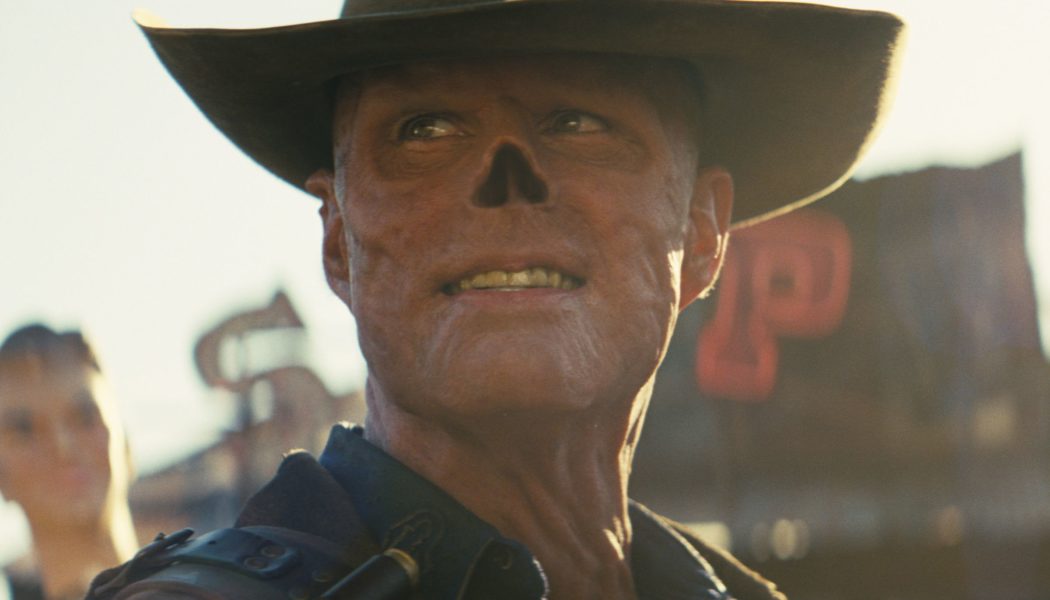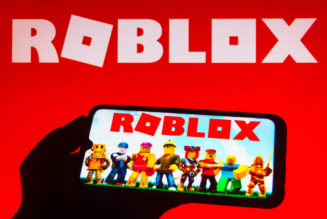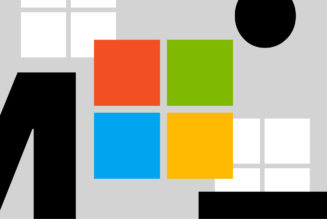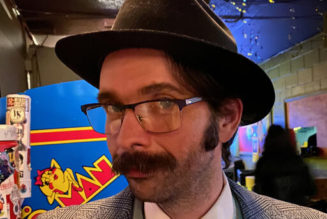It’s Fallout’s jokes, rather than its plot, that make it one of the most faithful — and best — video game adaptations.
Share this story
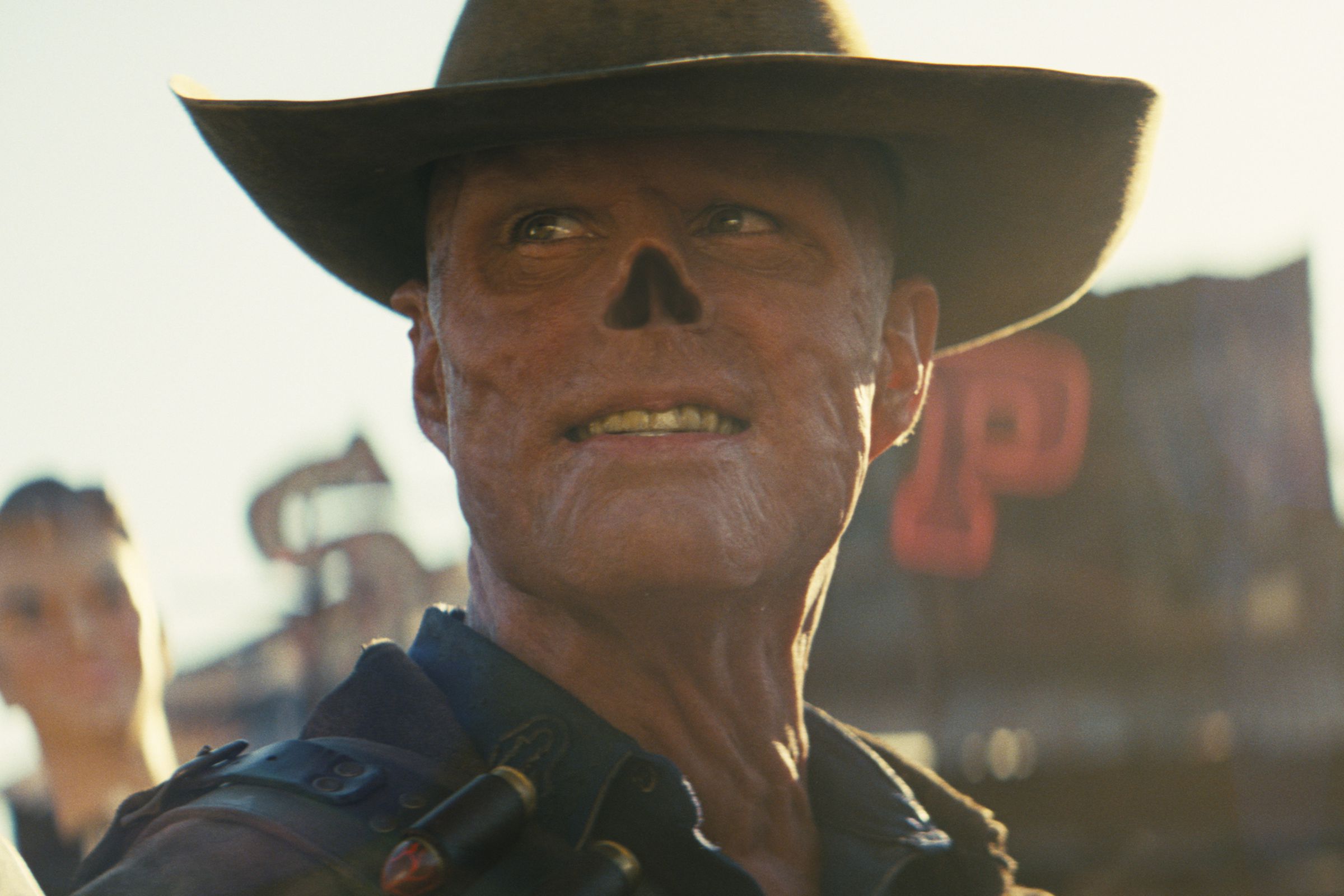
In making successful video game adaptations, it feels more important to strike the right tone rather than follow the source material to the letter. “Tone” in Fallout is Walton Goggins’ whiskey-soaked cowboy drawl ripped straight from the age of Gary Cooper and John Wayne extolling the virtues of bucolic Vault-Tec living with a sign that says “Test Subjects” just a touch off-screen.
In other words: perfection.

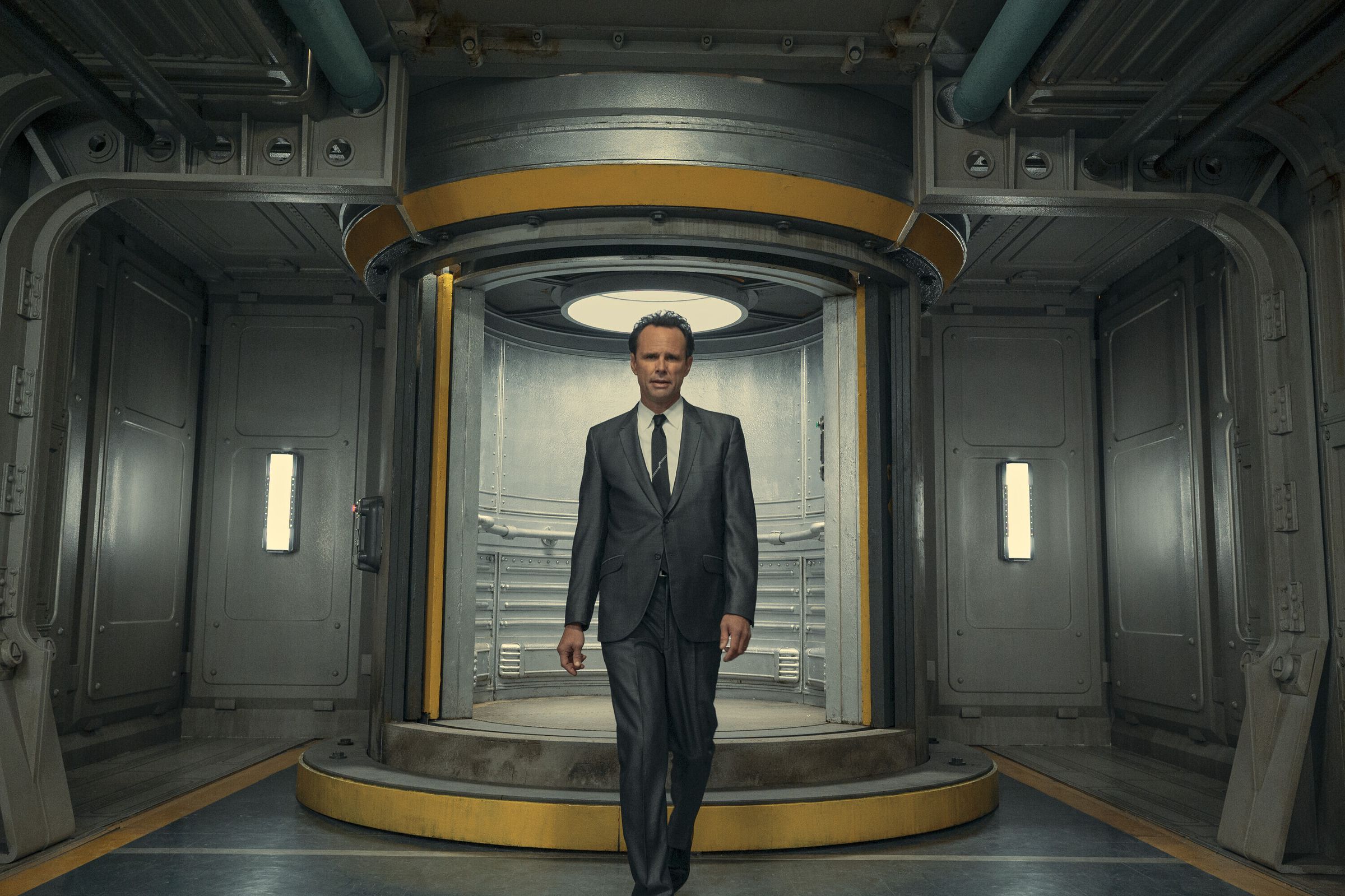
Fallout strikes such a pitch-perfect tone and its vibes are so postapocalyptically immaculate, that it doesn’t really matter what story the show is trying to tell. Something about a daughter (Ella Purnell) looking for her kidnapped father (Kyle MacLachlan), a high-value scientist (Michael Emerson) sought for the secrets in his head (literally), and nuclear bombs falling not as long ago and from much closer to home than The Powers That Be want folks to believe. All of those concerns feel secondary to immersing you in both the blighted landscape of a nuclear-scoured California and the sickly sweet sterility of living in an underground bunker engineered to resemble a 1950s infomercial.
Life outside the bunkers is as one would expect of a postapocalyptic world: hard and dirty and cruel. Though Lucy (Purnell) is enchanted by the world outside her vault as she ventures forth to find her father, the sand-choked sheen of newness dulls a bit when she finds the corpses of a family that chose euthanasia rather than the hard life of wasteland survivors.
However, the brutality and reality of life on the surface is also suffused by the touch of absurdity that prevents Fallout from venturing too far into The Last of Us territory. When Maximus (Aaron Moten), a squire in the Brotherhood of Steel — one of the many factions vying for control over the California wasteland — gets his first crack at being a full-fledged knight, he uses his power to stop a man from being beaten to death. Maximus feels good about his valorous deed. But that feeling sours when it’s revealed the man he saved was being beaten because he was attempting to copulate with the other man’s chickens.

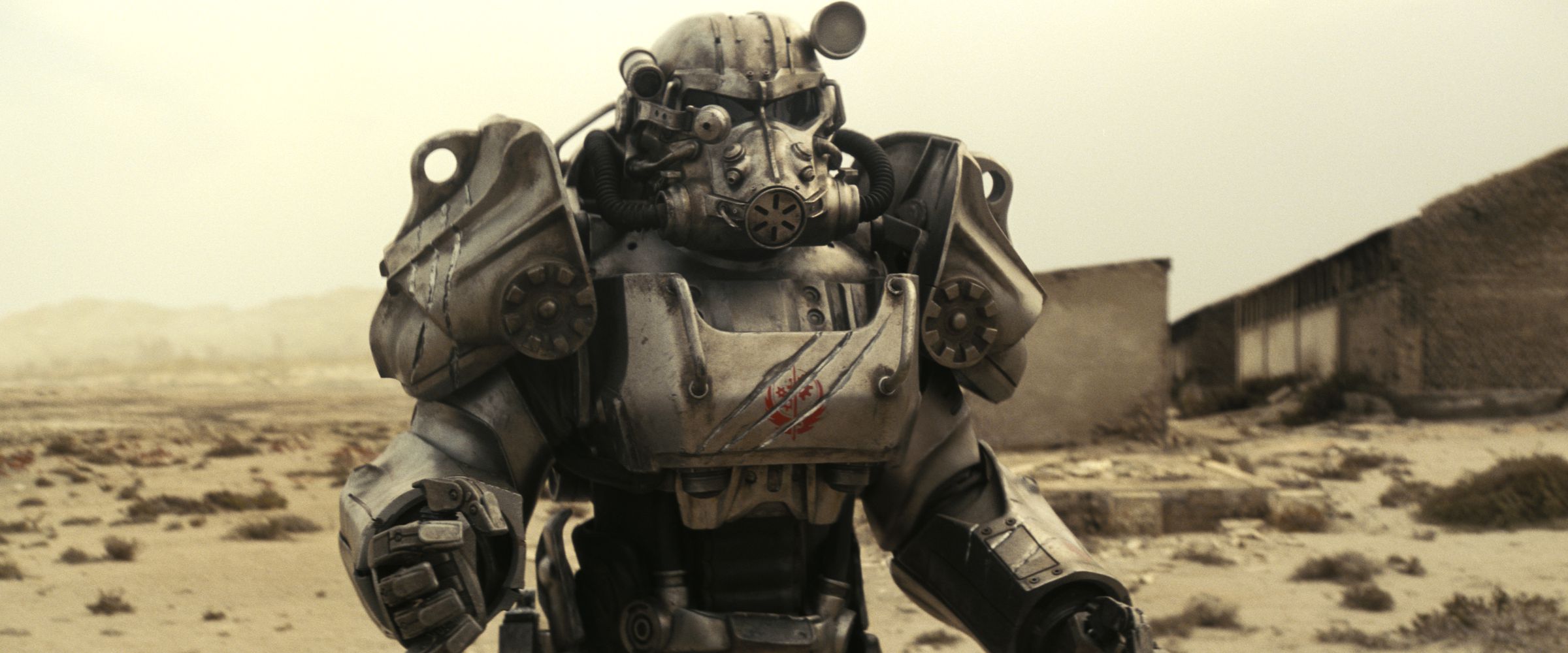
Fallout’s jokes are played absolutely straight, as though the absurdity is just as much part of living in the wasteland as all the cannibalism is. The show is just as liberal with its gross-out action as it is with its chicken jokes. Heads explode in showers of gore, while giant cockroaches explode in showers of differently colored gore. Fallout reminds me very much of another Amazon production known for its copious amounts of gore and gross: The Boys.
The one criticism I have for the show is that there isn’t enough Walton Goggins. He plays Cooper Howard, an actor struggling to retain relevancy, who, after the bombs fall, becomes The Ghoul, a noseless ne’er-do-well who’s a bit more like the villains he faced in his days as a Hollywood cowboy. Fallout straddles two timelines: before the bombs and after. As The Ghoul, Goggins has no qualms about putting a cartoonishly sized hole through a bounty hunter’s chest, firing off quips as he does, but it is interesting to see him struggle to reclaim the bits of humanity that had been irradiated out of him. The show doesn’t use him nearly as much as it should, as he’s a delight to watch.
In this age of video game adaptations, there are shows that venture out into new territory like Halo and those that more or less follow the letter of the source material a la The Last of Us. Fallout is closer to the latter, but its most entertaining moments have nothing to do with its story. Lucy’s quest to find her father is interesting enough, as are the mysteries of the vault she left behind. But I am far more invested in the wider world beyond those concerns and, critically, Fallout’s creators seem to understand this.
They’ve created a show that takes its time with the details of the world. Monsters with fingers for teeth prowl while everyone searches for a severed head that a sharp eye will notice decomposes more and more as the show goes on. Meanwhile “Dogmeat” happily hops from character to character like his namesake does throughout the Fallout series. The show’s best parts, the ones that’ll get you to “lock in,” are just a touch off-center, just like the ominous “Test Subjects” sign, forcing you to look away from the main action in order to see what’s really going on.
There probably won’t be another Fallout game until the next North American eclipse in 2044, but with the Fallout TV series, you won’t notice its absence.
All eight episodes of Fallout start streaming on Amazon Prime Video on April 10th at 9PM ET / 6PM PT.
